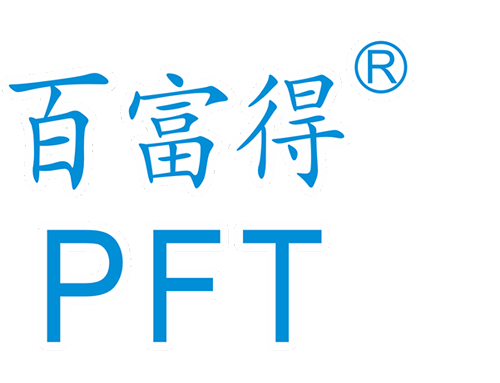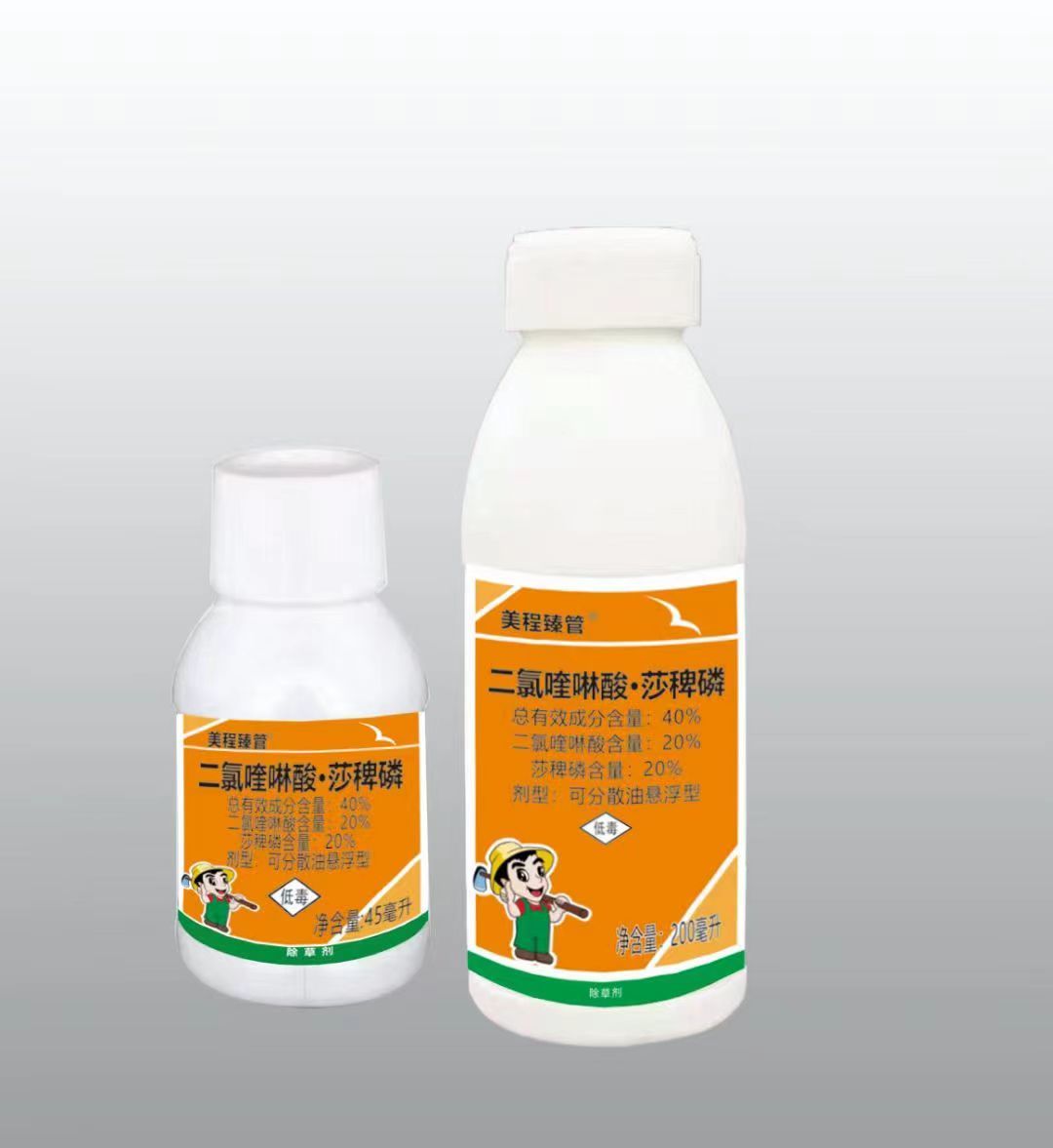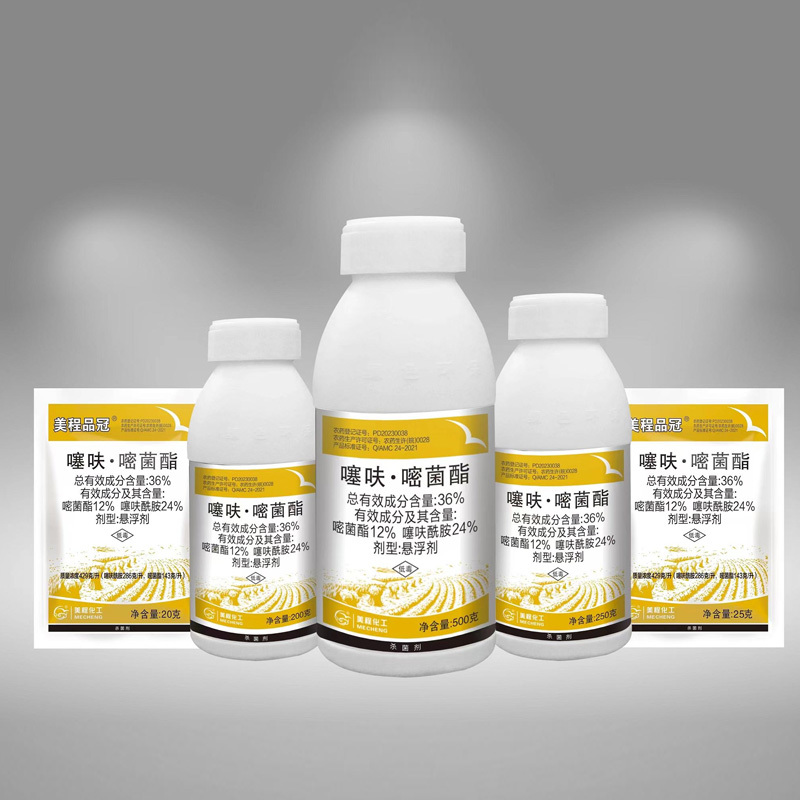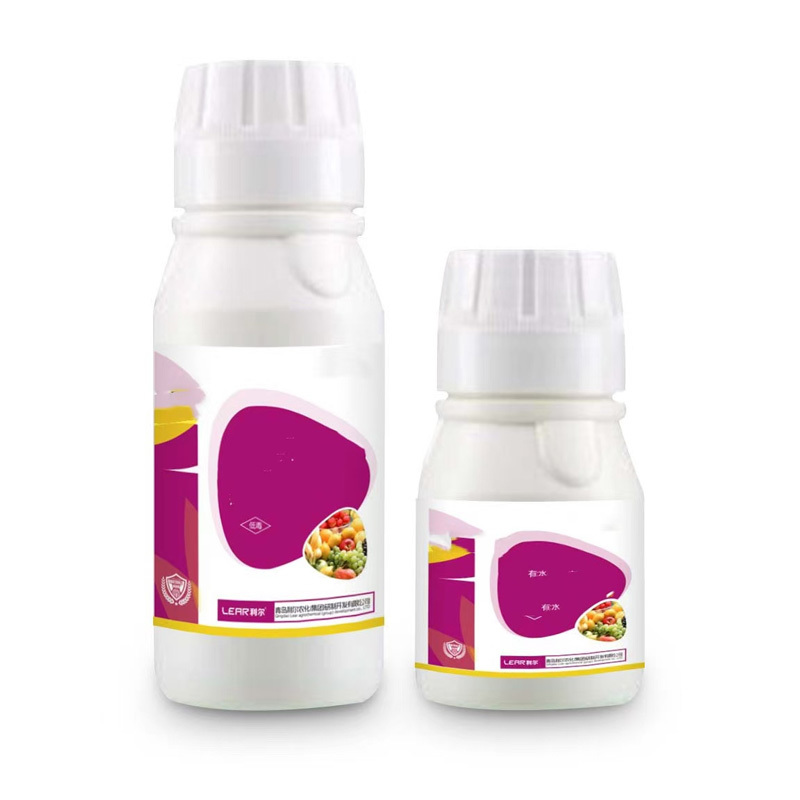Exploring Organic Pest Control Options for Sustainable Agriculture
Time
2025-04-19
Exploring Organic Pest Control Options for Sustainable Agriculture Table of Contents Introduction to Organic Pest Control The Importance of Organic Pest Control in Agriculture Common Agricultural Pests and Their Impact Effective Organic Pest Control Methods Cultural Practices in Pest Management Biological Control Strategies Mechanical a
Exploring Organic Pest Control Options for Sustainable Agriculture
Table of Contents
- Introduction to Organic Pest Control
- The Importance of Organic Pest Control in Agriculture
- Common Agricultural Pests and Their Impact
- Effective Organic Pest Control Methods
- Cultural Practices in Pest Management
- Biological Control Strategies
- Mechanical and Physical Controls
- Using Natural Pesticides for Pest Management
- Integrating Organic Methods into Your Farming Strategy
- Successful Case Studies of Organic Pest Control
- Challenges in Implementing Organic Pest Control
- The Future of Organic Pest Control in Sustainable Agriculture
- Frequently Asked Questions
- Conclusion
Introduction to Organic Pest Control
In the world of agriculture, maintaining a healthy crop yield while minimizing environmental impact is a growing concern. Organic pest control offers a sustainable solution to combat this challenge. By utilizing natural methods and materials, farmers can protect their crops without relying on synthetic chemicals. This approach not only safeguards the integrity of the food produced but also promotes biodiversity and ecological balance.
The Importance of Organic Pest Control in Agriculture
The significance of organic pest control cannot be overstated. As consumers become more aware of health and environmental issues, the demand for organic produce continues to rise. Conventional pest control methods—often centered around synthetic pesticides—can lead to soil degradation, water contamination, and harm to beneficial insects. By incorporating organic pest control into agricultural practices, farmers can:
- **Enhance Soil Health**: Organic methods maintain soil fertility and structure, promoting healthy plant growth.
- **Protect Biodiversity**: Avoiding harmful chemicals helps protect not only crops but also non-target species, including beneficial insects, birds, and mammals.
- **Meet Consumer Demand**: With the rise of organic markets, farmers can access premium prices for their products, improving their economic viability.
- **Ensure Food Safety**: Organic practices minimize the risk of chemical residues in food, contributing to safer consumption.
Common Agricultural Pests and Their Impact
Understanding the types of pests that threaten crops is crucial for developing effective organic pest control strategies. Some common agricultural pests include:
- **Aphids**: Small, sap-sucking insects that can reproduce rapidly, leading to extensive damage to plants.
- **Whiteflies**: Often found on the undersides of leaves, these pests also feed on plant sap and can transmit plant viruses.
- **Caterpillars**: Larval stages of moths and butterflies that can cause significant damage to foliage and fruits.
- **Spider Mites**: Tiny arachnids that can weaken plants by sucking out their sap, leading to leaf discoloration.
Each of these pests can have severe impacts on crop yields, making it vital for farmers to implement effective control measures.
Effective Organic Pest Control Methods
A variety of organic pest control methods can be employed to protect crops effectively. Below are some of the most widely used strategies.
Cultural Practices in Pest Management
Cultural practices involve modifying farming techniques to reduce pest prevalence. These practices include:
- **Crop Rotation**: Changing the types of crops grown in a particular field each season can disrupt pest life cycles and reduce their populations.
- **Intercropping**: Planting different crops in proximity can confuse pests and attract beneficial insects that prey on them.
- **Soil Management**: Maintaining healthy soil through composting and organic amendments enhances plant vigor, making crops more resilient to pest attacks.
Biological Control Strategies
Biological control utilizes natural predators or parasites to manage pest populations. Some effective biological control agents include:
- **Ladybugs**: Effective against aphids and other soft-bodied pests.
- **Parasitic Wasps**: These tiny wasps can lay eggs in or on hosts like caterpillars, ultimately controlling their populations.
- **Nematodes**: Soil-dwelling nematodes can target pests like grubs and larvae in the soil.
By establishing a healthy ecosystem, farmers can promote these beneficial organisms and enhance pest control naturally.
Mechanical and Physical Controls
Mechanical and physical controls involve direct actions to eliminate pests. Some examples include:
- **Row Covers**: Light fabric can protect crops from pests while allowing light and moisture to reach the plants.
- **Traps**: Sticky traps and pheromone traps can help monitor and reduce pest populations.
- **Hand-Picking**: For smaller infestations, manually removing pests can be an effective control method.
Using Natural Pesticides for Pest Management
When necessary, natural pesticides can provide an additional layer of protection. Options include:
- **Neem Oil**: Extracted from the seeds of the neem tree, this oil disrupts the life cycle of pests and reduces their appetite.
- **Diatomaceous Earth**: This powdery substance is made from fossilized algae and can kill pests by dehydrating them.
- **Insecticidal Soaps**: These soaps can suffocate pests and are effective against soft-bodied insects.
Utilizing these natural pesticides minimizes environmental impact while effectively managing pest populations.
Integrating Organic Methods into Your Farming Strategy
To achieve optimal results, integrating various organic pest control methods into a comprehensive pest management plan is essential. This approach, known as Integrated Pest Management (IPM), involves:
1. **Monitoring and Identification**: Regular scouting and monitoring can help identify pest pressures and inform management decisions.
2. **Threshold Levels**: Determining economic threshold levels allows farmers to decide when pest control measures are necessary.
3. **Combination of Strategies**: Employing a mix of cultural, biological, mechanical, and natural pesticide methods can maximize effectiveness while minimizing negative impacts.
Adopting IPM principles helps create a more sustainable agricultural system.
Successful Case Studies of Organic Pest Control
Numerous farms have successfully implemented organic pest control strategies, yielding impressive results. For example:
- **Case Study 1**: A small vegetable farm in California adopted crop rotation and intercropping techniques to combat aphid infestations. By planting companion flowers that attract beneficial insects, they saw a significant reduction in pest populations and an increase in overall crop health.
- **Case Study 2**: A vineyard in Oregon employed biological control by introducing ladybugs to manage a burgeoning aphid problem. Over two growing seasons, the vineyard reported a 70% decrease in aphid populations and an increase in grape yield quality.
These case studies demonstrate the effectiveness of organic pest control methods and encourage others in the industry to adopt similar strategies.
Challenges in Implementing Organic Pest Control
While organic pest control offers many benefits, several challenges can arise during implementation:
- **Limited Knowledge**: Farmers may lack knowledge or experience in organic methods, which can hinder adoption.
- **Pest Resistance**: Some pests may develop resistance to natural pesticides, necessitating ongoing research and adaptation.
- **Labor-Intensive**: Organic pest control methods can require more manual labor and monitoring, which can be a barrier for large-scale operations.
Addressing these challenges through education, resources, and collaboration within the farming community is essential for promoting organic pest control practices.
The Future of Organic Pest Control in Sustainable Agriculture
The future of organic pest control looks promising as research and technology continue to evolve. Advancements in natural pesticide development, precision farming, and biocontrol agents will provide farmers with more tools to manage pests sustainably. Additionally, increased collaboration among researchers, agricultural organizations, and farmers will facilitate knowledge sharing and innovation.
As consumers demand more sustainable food options, organic pest control will play a crucial role in meeting these needs while protecting the environment.
Frequently Asked Questions
1. What are organic pest control methods?
Organic pest control methods include natural strategies such as cultural practices, biological control, mechanical methods, and the use of natural pesticides to manage pest populations sustainably.
2. Are natural pesticides safe for the environment?
Yes, natural pesticides are generally safer for the environment than synthetic chemicals, as they typically break down more quickly and have minimal negative impacts on non-target species.
3. How can I identify pests in my garden or farm?
Regular monitoring and scouting are essential for identifying pests. Look for visible signs of damage on plants and use traps or sticky cards to help monitor pest populations.
4. Can organic pest control methods be used in large-scale farming?
Yes, organic pest control methods can be implemented in large-scale farming through Integrated Pest Management (IPM), which combines various strategies for effective and sustainable pest control.
5. What resources are available for farmers interested in organic pest control?
Farmers can access resources through agricultural extension services, organic farming associations, and online platforms that provide information on organic practices and pest management techniques.
Conclusion
Exploring organic pest control options offers a sustainable pathway for farmers to protect their crops while promoting environmental health. By incorporating a variety of methods—from cultural practices to biological controls and natural pesticides—farmers can effectively manage pests with minimal ecological impact. As the demand for organic produce continues to rise, embracing these practices not only benefits individual farms but also contributes to a healthier planet. The future of sustainable agriculture relies on our commitment to innovative and responsible pest management strategies.
Latest News





